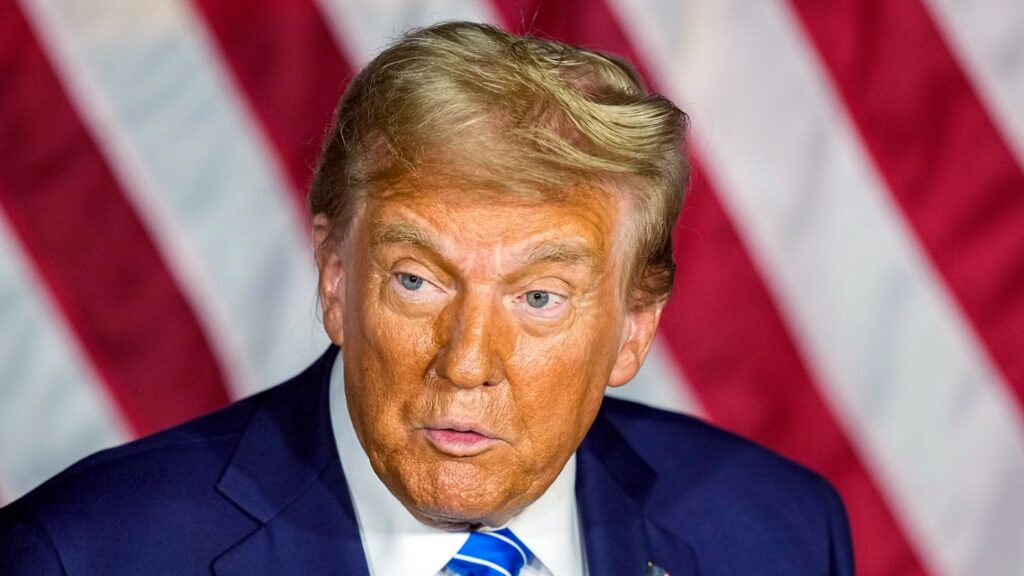By Alade Adisa
The Manufacturers’ Association of Nigeria (MAN) in a statement on Tuesday warned that the imposition of tariff hike by the United States on Nigerian products threatens the execution of the country’s 2025 budget; and the achievement of the potential benefits of the African Continental Free Trade Area (AfCFTA) agreement.
In the statement by the Director General of MAN, Segun Ajayi-Kadir, the groups said the tariff hike would also hinder the competitiveness of Nigerian products in the US market and could potentially wipe out up to N2 trillion of the country’s agricultural exports.
His words: “The imposition of a 14 percent tariff on Nigerian exports significantly undermines the competitiveness of locally manufactured goods in the U.S. market.
READ ALSO: Air Force Academy under Trump ends race consideration in admissions
“MAN members who are exporters in agro-processing, chemicals and pharmaceuticals, basic metal, iron & steel, non-metallic mineral products and other light industrial manufacturing rely heavily on the U.S. for market access. With increased costs for American buyers due to the tariffs, demand for Nigerian products is expected to decline.
“For instance, processed agricultural goods such as cocoa derivatives, sesame seeds, and ginger, which have gained modest penetration in U.S. markets, are likely to witness a drop in export volume.
Ajayi-Kadir cited data from the National Bureau of Statistics (NBS), which stated that agricultural exports accounted for over N4.42 trillion in 2024, with the U.S. being one of the top destinations.
“The tariff could potentially wipe out N1 to N2 trillion of that figure annually,” he added.
In addition to revenue losses, MAN noted that the new tariffs pose a significant disincentive to firms investing in value-added manufacturing.
“Over the past decade, manufacturers have made concerted and strategic efforts to support the country’s transition from exporting raw commodities to semi-processed and finished goods.
“However, higher market-entry costs because of higher tariff on Nigerian products reduce the profitability of such investments, making it more attractive for firms to revert to exporting raw materials.
READ ALSO: Trump suddenly backs off major tariff plans, announces 90-day pause
“This is counterproductive to Nigeria’s industrialisation agenda and compromises the long-term goal of achieving export diversification under platforms such as the African Continental Free Trade Agreement (AfCFTA).
“MAN is deeply concerned about both the substance and the implications of the new U.S. tariff policy. Our foremost concern lies in the asymmetry of the trade action which undermines the spirit of international cooperation and disregards the developmental needs of emerging economies,” the MAN DG stated.

